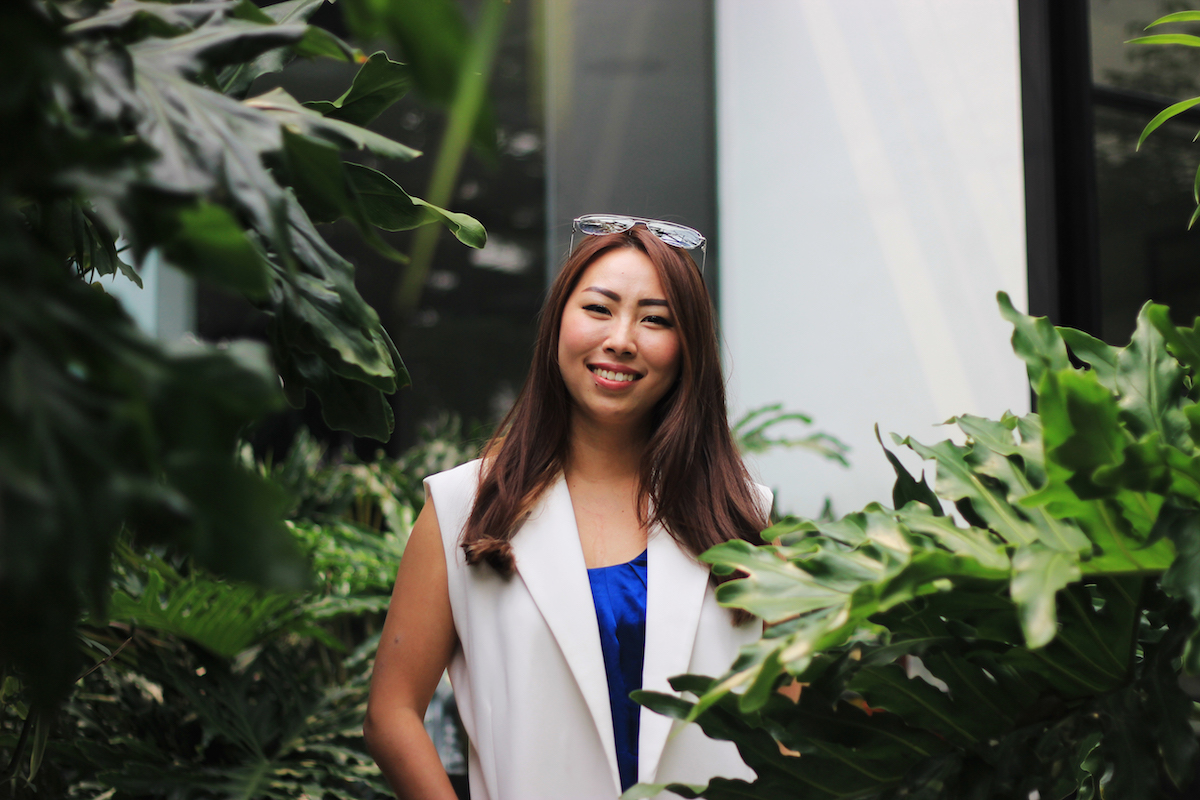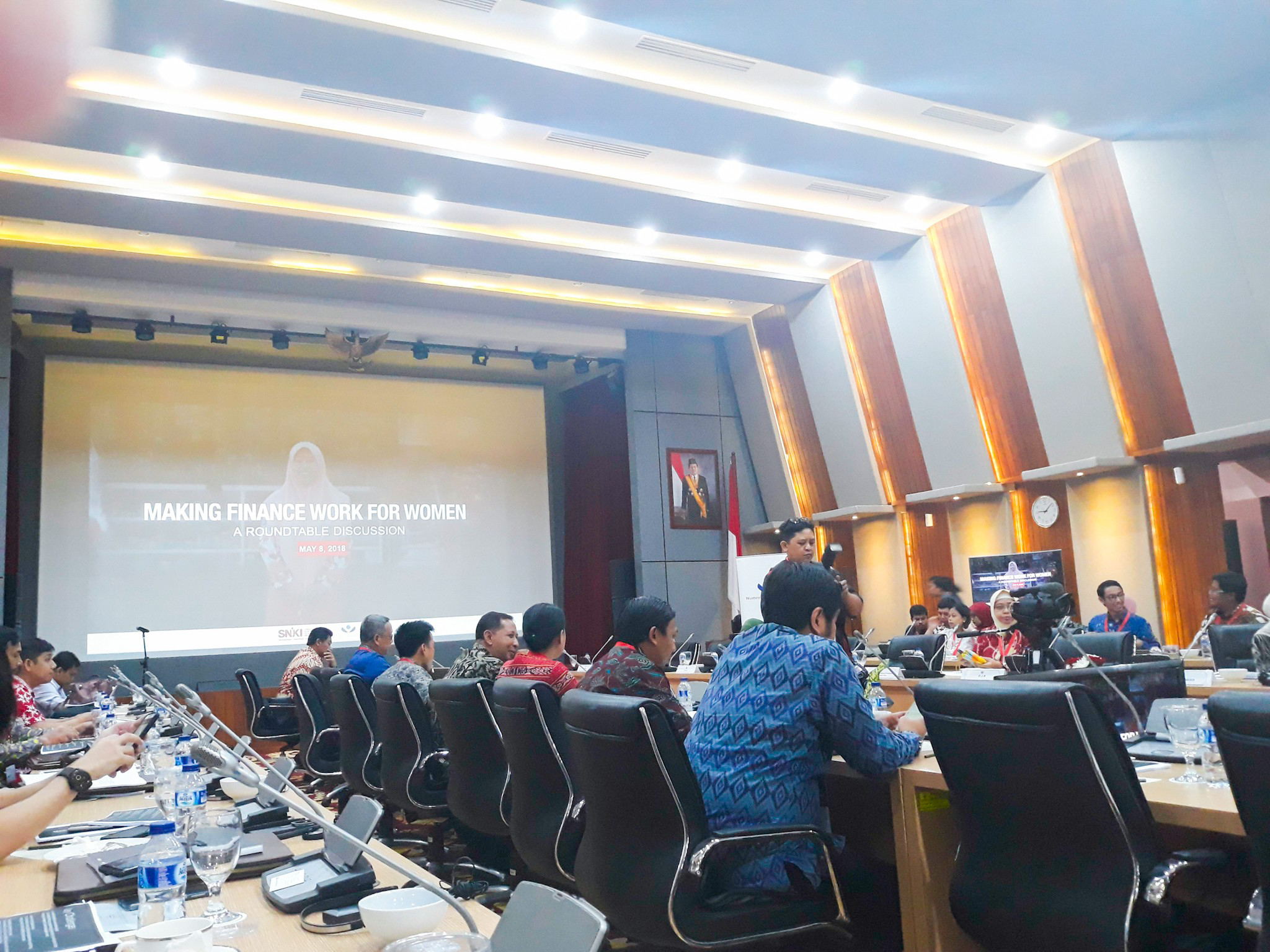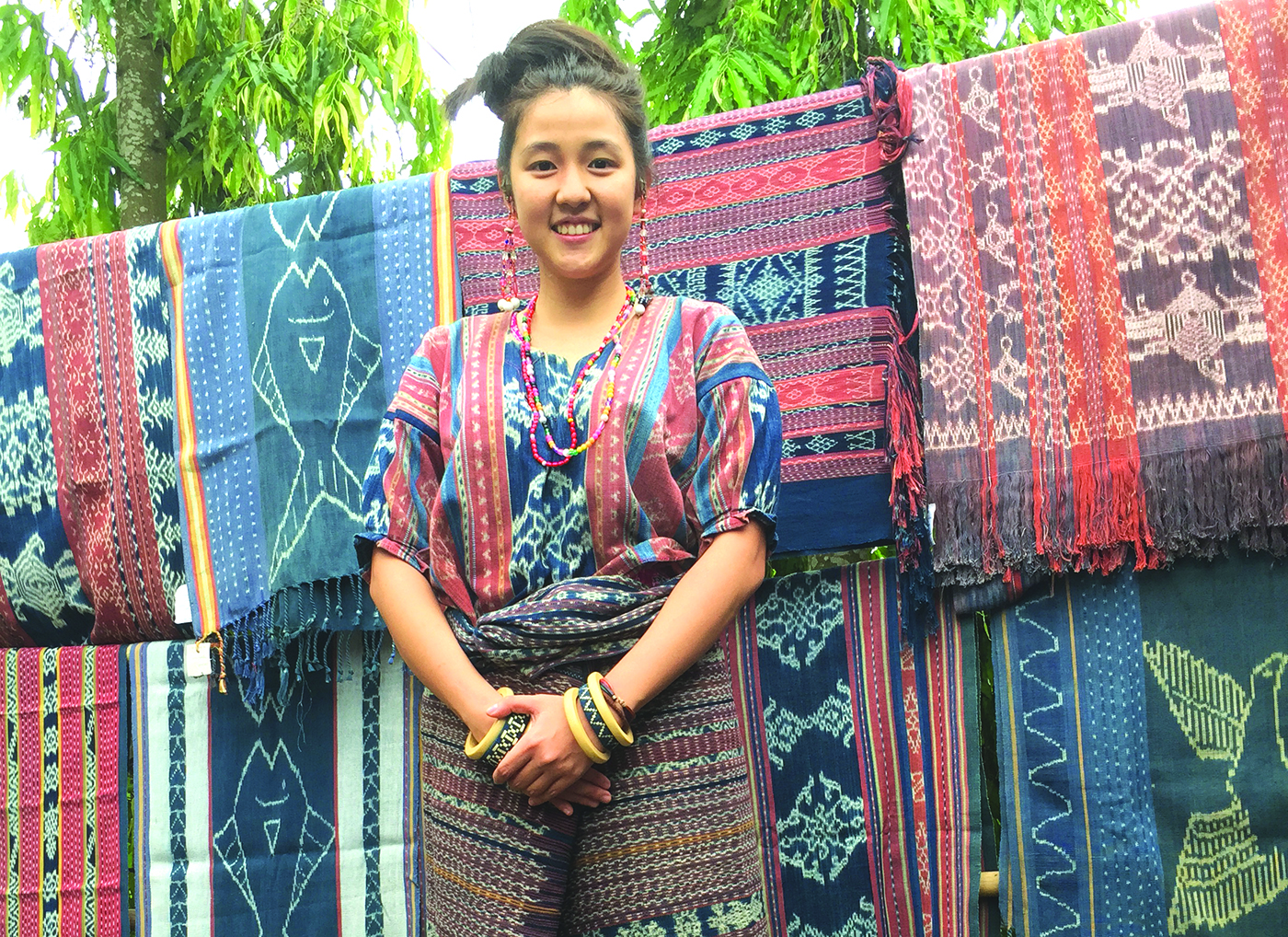Tell us a bit about yourself.
My name is Michella Irawan and I’m the managing director of PT. Etmieco, my family business, as well as a NEXUS Indonesia Outreach Ambassador and a part of the NEXUS Asia leadership team. I am also an angel investor at ANGIN. I’m actually very new to the angel investment scene – I’ve been at ANGIN for less than a month. I’m excited to learn more about what angel investment is, investing with impact around Indonesia, what people are thinking, and what they’re investing in. What the support, needs, challenges and gaps are in Indonesia’s startup ecosystem. And also I’m excited to meet other angels.
As for how I got to where I am, I’ve always liked social work but it’s always been very traditional like donating, going to orphanages, and volunteering. I came back immediately after graduating from university to help out with the family business, so I’ve not been exposed to any other world. Four years ago, I was invited to a NEXUS summit in Singapore. That was my first exposure to impact innovation, creativity and how they can be used as tools for social change. Business is a big driver for change – there are those that contribute to negative impacts, and those that can actually change how things are being run for the better. I was just amazed and inspired to meet all these individuals from all sorts of backgrounds: students, next-gen leaders, mothers, and high-end investors. I saw what they are bringing to the table and how they are using their own unique creativity to really innovate on solutions and businesses.
What do you think is the role of angels in impact investing? How can individuals make a difference?
I think that for anyone who wants to support start-ups, they can start identifying and learning about the gaps that need filling. And after that, start thinking about what you have personally as a resource to support them. It doesn’t necessarily have to be in the form of funding. Support comes in all forms – it can be your expertise, connections, time, or even just a brainstorming call.
As someone from such a unique part of Indonesia, could you tell us a little bit more about your hometown, Manado?
I will say that it is very special. It’s a special economic zone and has a wide variety of natural resources. If you go back in time, we had a special spice trade with the Dutch and Portuguese because of our soil. Whatever spice was grown in it would be the highest quality in the world, may it be cloves, vanilla, chocolate, or coconut. Manado is called the “Coconut City” and Bitung, where my family businesses is, is called the “Tuna City”. Ecology-wise, the soil is unique and fertile because of the active volcanoes all around. As for the ocean, we have a very deep cool water current flowing that actually creates a rich marine species diversity.
Another thing: Manado is instrumental in the One Belt, One Road initiatives. I think Manado and North Sulawesi are the first ones that opened it up. We hosted a Manado Investment Forum last year and are really opening up for tourism. Right now we have 18 direct flights from China and they’re opening more from Korea, Japan, and other countries. On the other hand, by having access to investors, there is also a high risk of us becoming like Bali or being overridden by people who really don’t care about our nature. So I think that it is a very interesting time because we’re getting a lot of funding and government support. But at the same time, the locals have to be empowered as well to take care of the land and make sure that the government understands that every investment deal has to have 10-15 years of thinking.
What is the business climate like in Manado? Do you see any promising startups there? What does the ecosystem need to thrive?
There isn’t much of a startup scene yet, because I think the ecosystem is not there. Then you start seeing all the youths going to Jakarta or overseas. This is a pity because when I talk to universities, actually they are really good and they have great programs and they really have a lot of local talent. But one thing’s for sure, we are more advanced because our industries have been there for awhile – spice or seafood, and tourism as well. I also would say the locals there are generally better off. Land is passed down from generations. So we’re not talking about, say, a city that’s really at the bottom of the pyramid. So if we want to start something, empower the local youths, and create an ecosystem, it’s already been done halfway.
How does it feel to be a woman business leader in your community?
Interestingly enough, there are a lot of women leaders in my community. The Mayor of Bitung’s wife is actually an ambassador for a local NGO called Selamatkan Yaki. She’s an advocate of the environment. I think in Bitung alone, there’re a lot of women general managers. All my admin are women. It’s where a lot of powerful women are. And I actually just looked into a WhatsApp group recently called “Perempuan for Environment.” There are women from all sorts of places in that group, from the Head of Police’s and Head of Military’s respective wives, college students, businesswomen, and more.
What can other people learn from these powerful women?
I think first of all, you need to let them meet each other. That’s why there are so many events and co-working things going on. Let them meet each other more and more, facilitate and build more bridges. And the magic will happen automatically. Women’s instinct will play its role.
Do you have any advice for young women who are looking to also become next generation leaders?
I would say it has to be coming from you because if you’re interested or not, and if you’re passionate or not. If you are interested in something, read on it more. If you’re passionate, go for it. Stop waiting. Even just by attending an event on something you’re passionate about, it’s a start. Meet people who are more experienced than you. Learn about their challenges and their successes, then reevaluate whether or not that’s really your passion. Because once you find it, and if you’re a leader by nature, you will automatically go forward.


